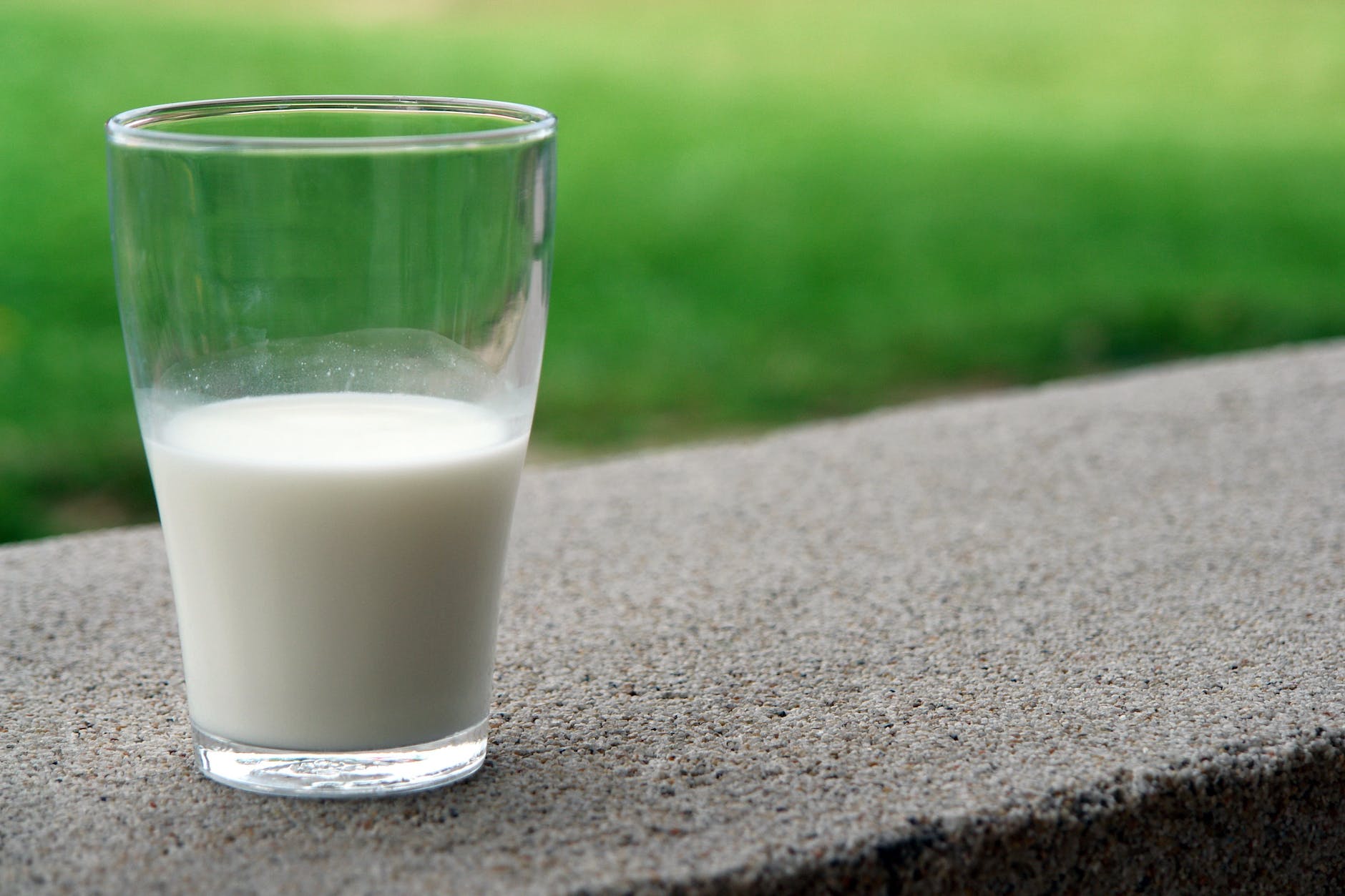Baking soda is a common household ingredient known for its versatile uses, from baking to cleaning. But did you know that some people add a pinch of baking soda to their coffee as a potential weight loss hack? In this post, we’ll delve deeper into the claims behind this practice and examine the science to determine if adding baking soda to your coffee can indeed aid in your weight loss journey. Get ready to uncover the truth behind this surprising trick and discover whether it’s worth incorporating into your daily routine. ☕️🥤🤔
☕️ The Coffee-Baking Soda Connection: The idea of adding baking soda to coffee for weight loss revolves around the belief that it can help neutralize the acidity of coffee and improve digestion. Supporters of this practice claim that a less acidic environment in the stomach can promote better metabolism and fat burning. However, it’s important to take a closer look at the evidence and understand the potential effects before considering this strategy.
🤔 Does Baking Soda Aid Weight Loss?:
- Acidity and Digestion: Coffee is naturally acidic, and some individuals experience digestive discomfort or acid reflux after consuming it. Proponents of adding baking soda to coffee believe that neutralizing the acidity can alleviate these issues and improve digestion. While anecdotal reports suggest potential benefits, scientific evidence supporting this claim is limited. Digestive responses to coffee can vary among individuals, and it’s advisable to seek personalized advice from a healthcare professional if you have specific concerns.
- Metabolism and Fat Burning: Baking soda, or sodium bicarbonate, has been shown in some studies to have a modest effect on metabolic rate and fat burning. These studies primarily involved controlled laboratory settings and may not directly translate to real-life scenarios. While the impact of adding a small amount of baking soda to coffee on weight loss is yet to be fully researched, it’s important to note that sustainable weight loss involves a comprehensive approach beyond a single ingredient or beverage.
- Potential Health Concerns: Baking soda is generally recognized as safe when consumed in moderation. However, excessive intake can lead to electrolyte imbalances, gastrointestinal issues, and other health complications. It’s crucial to use baking soda sparingly and in consultation with a healthcare professional, especially if you have underlying health conditions, take medications, or have a history of kidney problems.
🌿 Healthy Weight Loss Practices: Instead of relying solely on the addition of baking soda to coffee, it’s essential to focus on sustainable and evidence-based weight loss practices. Here are some tips to support your weight loss journey:
- Balanced Diet: Opt for a balanced diet rich in whole foods, including fruits, vegetables, lean proteins, whole grains, and healthy fats. Emphasize portion control and mindful eating to create a calorie deficit, if appropriate for your goals. Incorporating nutrient-dense foods provides a wide range of essential vitamins, minerals, and antioxidants that support overall health.
- Regular Physical Activity: Engage in regular exercise or physical activity that you enjoy. Aim for a combination of cardiovascular exercises, strength training, and flexibility exercises to promote overall health and support weight management. Physical activity helps burn calories, build lean muscle mass, and improve metabolism.
- Hydration: Stay hydrated by drinking plenty of water throughout the day. Water aids digestion, helps curb appetite, and supports overall well-being. While hydration is important, there is no scientific evidence to suggest that adding baking soda to water promotes weight loss. Stick to plain water or herbal teas as your primary hydrating beverages.
- Quality Sleep: Prioritize quality sleep to support weight management. Lack of sleep can disrupt hunger and satiety hormones, leading to increased food cravings and potential weight gain. Aim for 7-9 hours of uninterrupted sleep each night and establish a relaxing bedtime routine.
- Mindful Eating: Practice mindful eating by paying attention to hunger and fullness cues, eating slowly, and savoring your meals. This approach helps prevent overeating, promotes healthier food choices, and encourages a positive relationship with food. Mindful eating also allows you to appreciate the flavors and textures of your meals, enhancing the overall dining experience.
Remember, weight loss is a complex process influenced by various factors, including genetics, lifestyle, and overall health. It’s essential to adopt a holistic approach that focuses on sustainable habits, incorporates a variety of nutrient-rich foods, and seeks guidance from healthcare professionals or registered dietitians for personalized advice and support.











